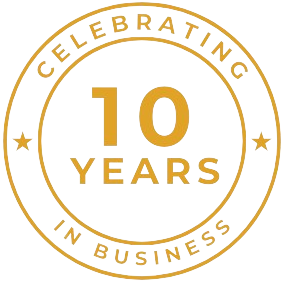Perhaps you’ve been in a coffee shop, a clothing store, some sort of retail location, and you’ve gone to one of the employees to ask a question, and their role is customer service. But after you ask the question, their response to you is a blank stare. They may mumble, huh? This hit social media and is being called the “Gen Z stare.”
Now, Gen Z has pushed back and said that the reason why in these customer-facing roles, the reason that they do that stare is not because they’re confused or because they don’t know what to say. It’s because they get asked really dumb questions, and that’s their response – because they’re so shocked, they’re dumbfounded by these questions. Now, while there may be circumstances where that is true, I’m pushing back.
And it’s because we’re seeing this stare, by the way, not just with Gen Z. We’re seeing this stare outside of retail. We’re seeing this within business professional office environments, and this is a challenge.
We need more than just words in order to communicate, in order to build connection, in order to have our message be translated, received in a way that we can then move forward in a positive direction.
We all know that when we stick to just email and text, so much gets lost in translation. Well, why is that? It gets lost in translation because it’s limited to just the black and white words that are there. There’s no facial expressions, body language, or tone. Well, when we are now in this human interaction, but only one individual is acting human, the other is not, we don’t get that human connection.
We need to step out and not just think of this as a soft skill, but think of this as a connection skill. And we need this connection in order for us to forge these relationships, to find the common ground, to come to solutions, to have innovation, to do all of the things that businesses need to do to successfully accelerate into the future.
So instead of labeling this a Gen Z stare, let’s each look at what our nonverbal communication looks like, and if we’re not there, this is a skill that I absolutely recommend that you or for your team, that you are highly encouraging. How do we become better nonverbal communicators so that we can move forward successfully together?

